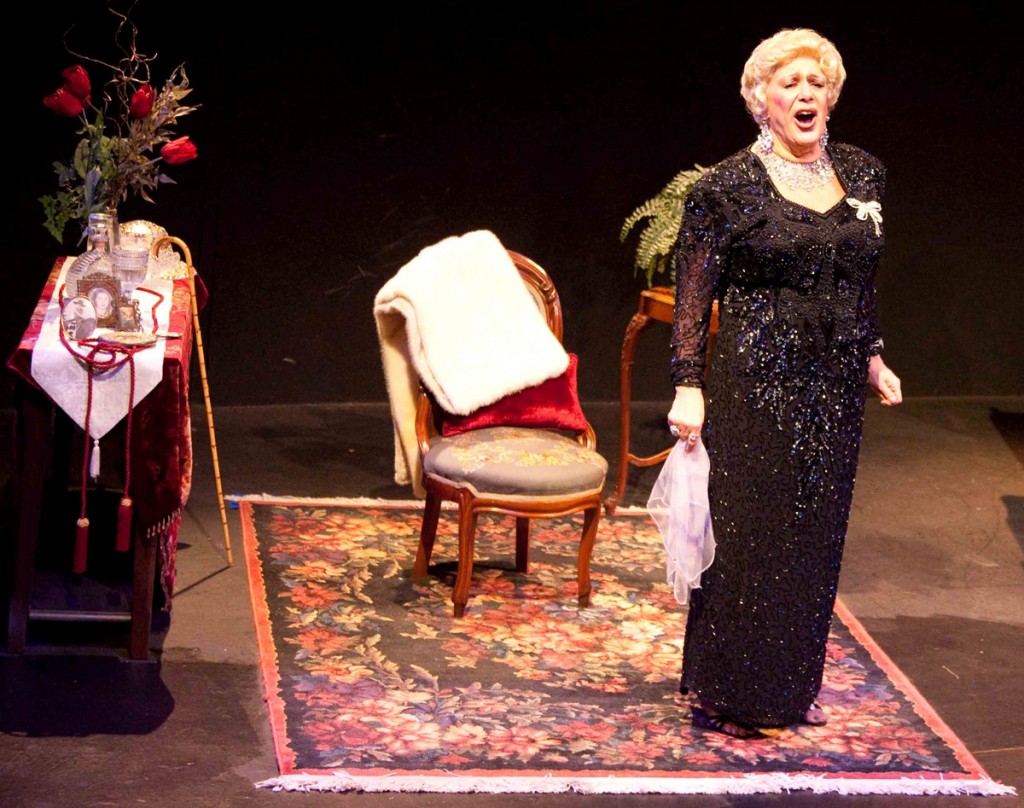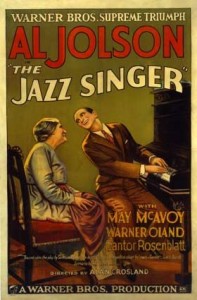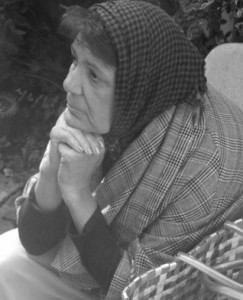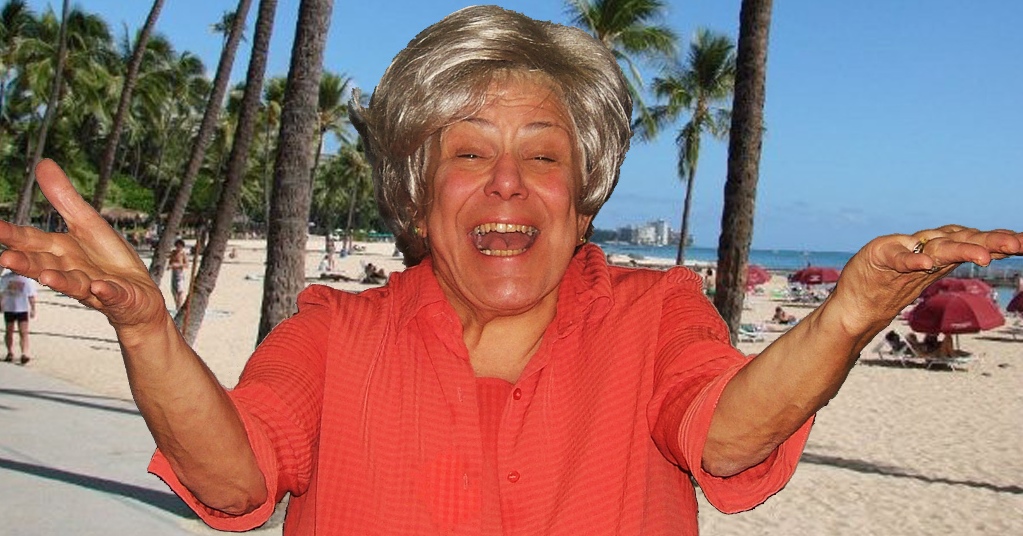
By Bob Hicks
Twenty-six years after she first impersonated the fabulous Sophie Tucker onstage, the big-talented Portland singer and comedian Wendy Westerwelle’s return to Soph: An Evening with the Last of the Red-Hot Mamas is a revival in more than one way. It marks Westerwelle’s own continuing return to the spotlight following her bravura turn earlier this year in Martin Sherman‘s one-woman play Rose (which I wrote about here and here) as well as a revival of interest in Tucker, a giant of 20th century American entertainment who has been lamentably overlooked in the years since her death in 1966. (She was born in 1886 in the Ukraine but arrived soon after in Hartford, Connecticut, where her family went into the restaurant business and young Sophie began singing for tips.)
You can catch up with my review of Soph for The Oregonian here, then stick around for a ramble through the pop-history parade. Westerwelle’s performance has got me to thinking about yet another revival of sorts, a historical reminder of the changing cavalcade of American popular culture and the important if sometimes embarrassing spectacle of facing up to what we’ve been as a nation and what it means to what we are now.
 Soph is primarily a celebration of Tucker’s bawdy wit and rollicking style; Westerwelle isn’t looking to uncover any demons or wag her finger at the occasional ruthlessness that Tucker employed in pursuit of her career. But to Westerwelle’s credit, and to the credit of director Don Horn, who had a big hand in reshaping the script, neither does she shy from a few uncomfortable facts, such as Tucker’s vaudeville beginnings performing “coon songs” in blackface. It was a standard format in vaudeville, the grinning minstrelsy and exaggerated drawls of the happy watermelon-loving “colored folk” as performed by white (and sometimes black) entertainers.
Soph is primarily a celebration of Tucker’s bawdy wit and rollicking style; Westerwelle isn’t looking to uncover any demons or wag her finger at the occasional ruthlessness that Tucker employed in pursuit of her career. But to Westerwelle’s credit, and to the credit of director Don Horn, who had a big hand in reshaping the script, neither does she shy from a few uncomfortable facts, such as Tucker’s vaudeville beginnings performing “coon songs” in blackface. It was a standard format in vaudeville, the grinning minstrelsy and exaggerated drawls of the happy watermelon-loving “colored folk” as performed by white (and sometimes black) entertainers.
 “Rose’s life sometimes seems too exemplary to be true,” Nightingale writes. “Add some convenient coincidences to her tale — like meeting a bitter old shopkeeper in the Arizona desert and realizing he is the spouse she thought she had lost to Dachau — and Rose could easily be a case study rather than a character.”
“Rose’s life sometimes seems too exemplary to be true,” Nightingale writes. “Add some convenient coincidences to her tale — like meeting a bitter old shopkeeper in the Arizona desert and realizing he is the spouse she thought she had lost to Dachau — and Rose could easily be a case study rather than a character.”
 And Westerwelle, the irrepressible onetime Storefront stalwart who scored a big hit with her Sophie Tucker show Soph: A Visit With the Last of the Red Hot Mamas, takes on a very different personality in the Northwest premiere of
And Westerwelle, the irrepressible onetime Storefront stalwart who scored a big hit with her Sophie Tucker show Soph: A Visit With the Last of the Red Hot Mamas, takes on a very different personality in the Northwest premiere of